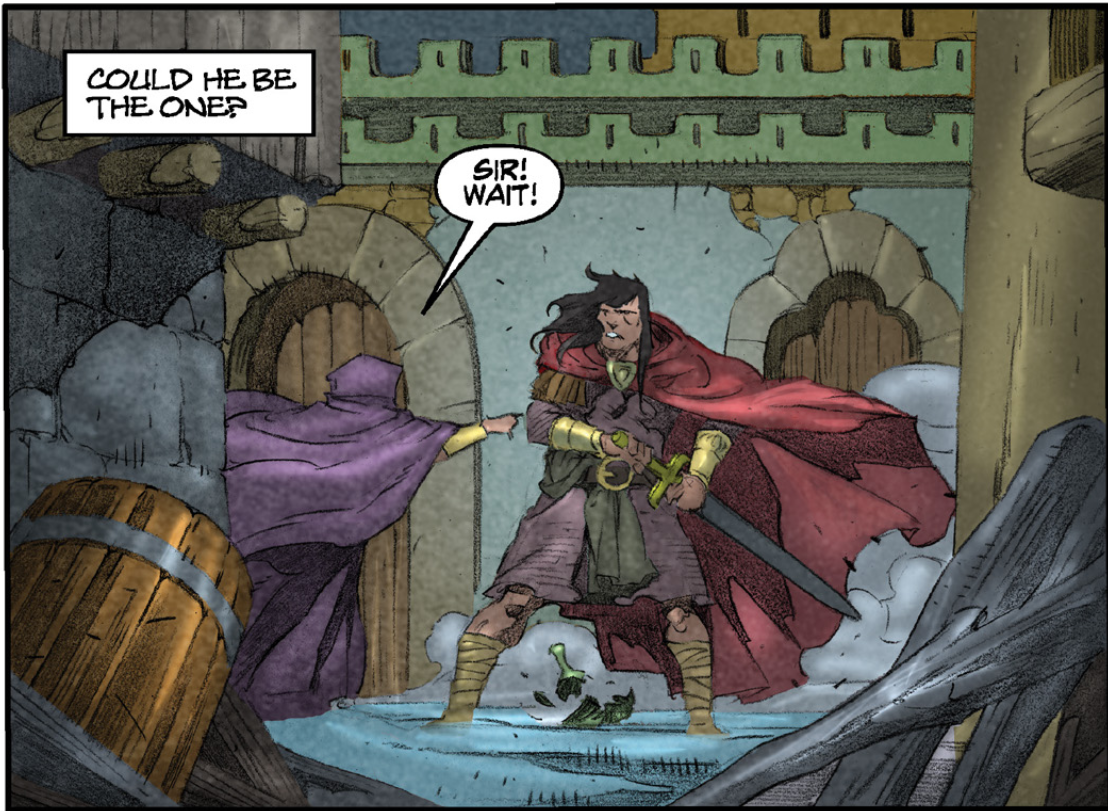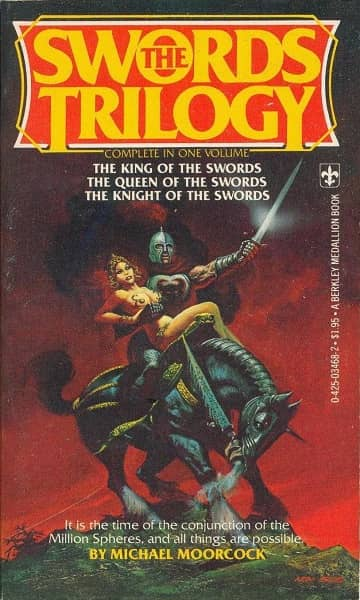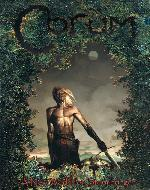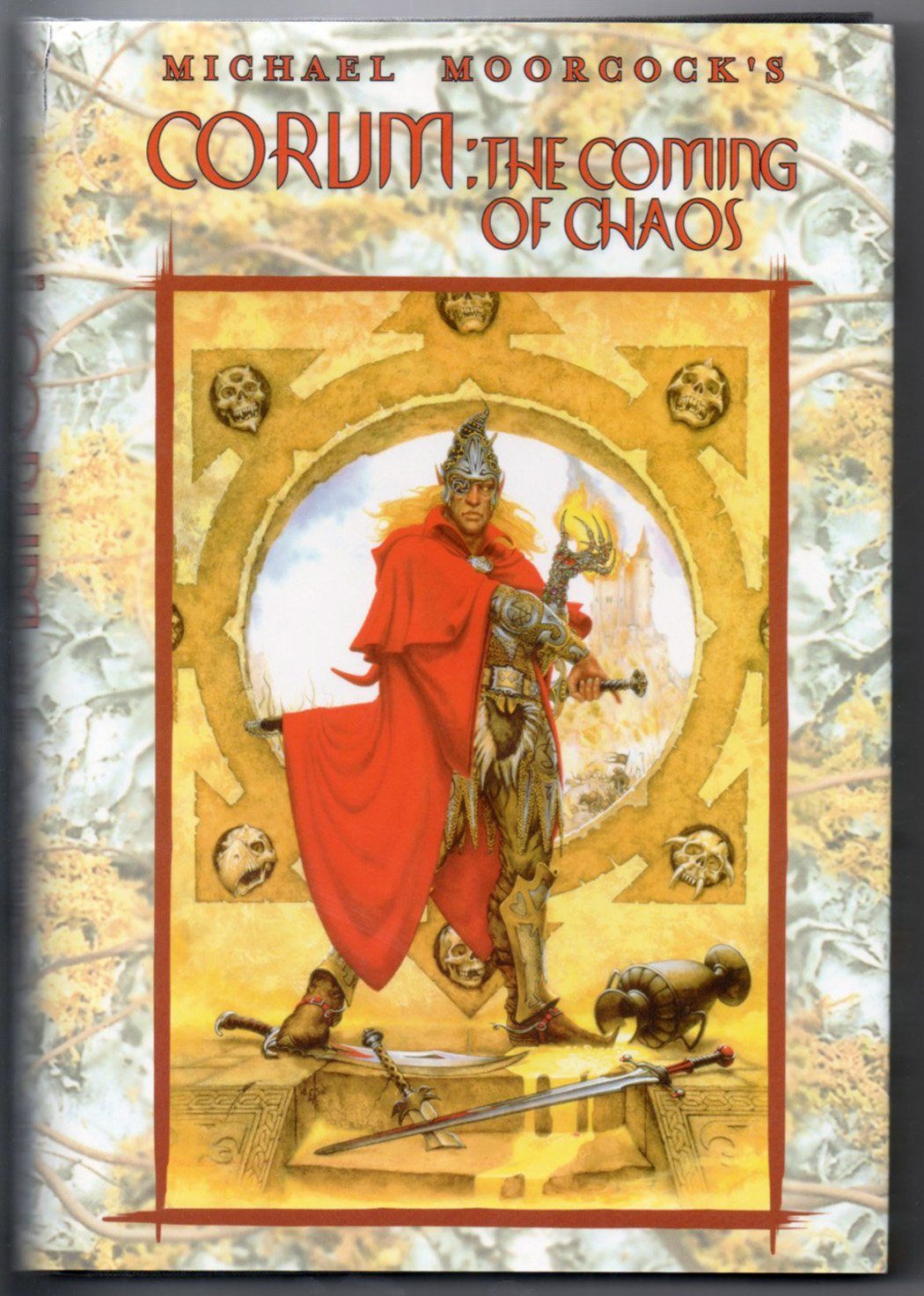Monkey Man is a modern action film (2024) that brings a different perspective to the screen in that the action takes place in India.
It engages in action scenes and sequences worthy of films like The Killer (2023 version), the Equalizer, the Beekeeper, and others, but I'd put it more in the sequence of John Wick.
While all of the main characters mentioned above are greats, the first three are often untouchable by their foes.
John Wick? Not so much.
And in Monkey Man, we are introduced to 'the Kid', who like John Wick, takes the abuse and keeps coming back for more.
But how can you use a movie set in India for your own games?
Sadly, many of the themes that run through Monkey Man are fairly universal.
Corruption: Here we see a system of corruption that runs through the whole of society. This includes the political, police, and religious figures. All have their fingers deep in the pie and all embetter themselves at the cost of everyone around them.
The Police: Having corrupt officers is a common theme in many countries. The opportunity to self-enrich while promoting the public good is all too often taken. This may result in the police literally stealing from people when they come across something the police think that the other people shouldn't have. "Where would you get this much money legally?" to acting as enforcers to other bad elements.
For an American take on corruption of the police, the movie Training Day or the television series the Shield should both be viewed.
The Priest: In a fantasy campaign, it can be more difficult to have a 'false' priest due to the nature of how, in many games that say use a pantheon, are directly powered by their gods. The gods are often a known factor it can be a little more tricky unless something takes out the actual god and then instructs those willing to follow it under the new mask root out all of those who are not 'heretics'.
In a modern game, a corrupt priest is far easier to see. America has many mega-churches whose teaches indicate a lot of worship of wealth.
But what if in addition to the accumulation of wealth, they went out of their way to do other things? What if the church needed more land and a group of squatters needed to be removed? Why then you call you good friends in the Police...
Tiers of Society: While officially the caste system is no more, much of its ramifications in Inda are still felt. So how does that work in other countries? In America, at least, anyone who thinks that there aren't different 'castes' of society isn't paying attention. These range from merely places to eat to places to be seen.
If trying to use those elements in a campaign, the question is how the characters fit. In modern games like super-hero games, it's one thing for Tony Stark to be allowed access to someplace like The Hellfire Club, but it's quite another for someone like Peter Parker, the down-on-his-luck Spider-Man, to have the same access.
In such an instance, merely getting access TO those places is if not an outright adventure, a plot point. In Monkey Man, the Kid uses his network of overlooked poor people to first steal the purse of a powerful CEO and then personally return it to her, getting him a job on the inside.
Not all entrances are through the front doors.
Drugs: While not a center point of the movie and further used to drive home the corruption and opulence of the upper class, drugs are a common sight in such situations and can be used as a reference point for many different elements. For example, disregard of the law. Illegal drugs were handed out like candy in special vials. On the other hand, alcohol being served had a different purpose. It showcased that certain wines with certain meals and into certain glasses. Not knowing those things by default is seen as a mark of a lower classed person and for anyone trying to infiltrate such an organization, a dead giveaway.
Undesirables: Part of the tiers of Society is the haves. Those who dwell in the upper reaches of society, but then there are the have-nots. The undesirables if you will. And there are always more of them then there are of the upper crust.
In Monkey Man, we see this contrasted in many ways. From where the Kid sleeps amongst multiple others to the church he winds up taking refuge in after he's a wanted man. In that church, because the people dwelling there are 'undesirables', no one even thinks to look for the Kid there.
These unknown by greater society locations can act as a getaway from higher powers but that usually comes with a cost.
For example, in the comic the X-Men, one of their summer events was the Mutant Massacre where the Marauders went into 'the Tunnels' to take out the Morlocks. These 'Tunnels' were often underused and acted as a 'forbidden' place for normal people to go. If there are a few places like that known to the characters, allow them to take advantage of them to evade pursuers.
The Action: No discussion of Monkey Man and the Kid would be complete without discussing the action. While its a common theme, try to encourage players to have their characters take advantage of their local surroundings. Several of the fight sequences here take place where day to day activities have items that aren't used as weapons, but could be.
The Kitchen: The kitchen is the biggest example of this. Between a variety of heavy boards for cutting, dishes for plating, and well, silverware, including knives for cutting, the kitchen is a place where many things can be used as improv weapons.
Need to set something on fire in the kitchen? Between the various oils and fats and open flames, that shouldn't be a problem. Need to set up an explosion? Are these gas stoves being used?
Dining Room: While not as dramatic as the kitchen perhaps, there are still plates and glasses. Breaking open a bottle of wine on an enemy's skull and then stabbing him in the throat with it are great examples of on hand weapons. This doesn't count things like jumping from table to table or bashing someone's brains out with a heavy chair. And if there's a bar in the dining room? Another place to jump atop and dual wield heavy bottles.
Monkey Man has a lot going for it and if you're running a modern campaign, fairly easy to lift wholesale into your own campaign in terms of ideas and characters.




















